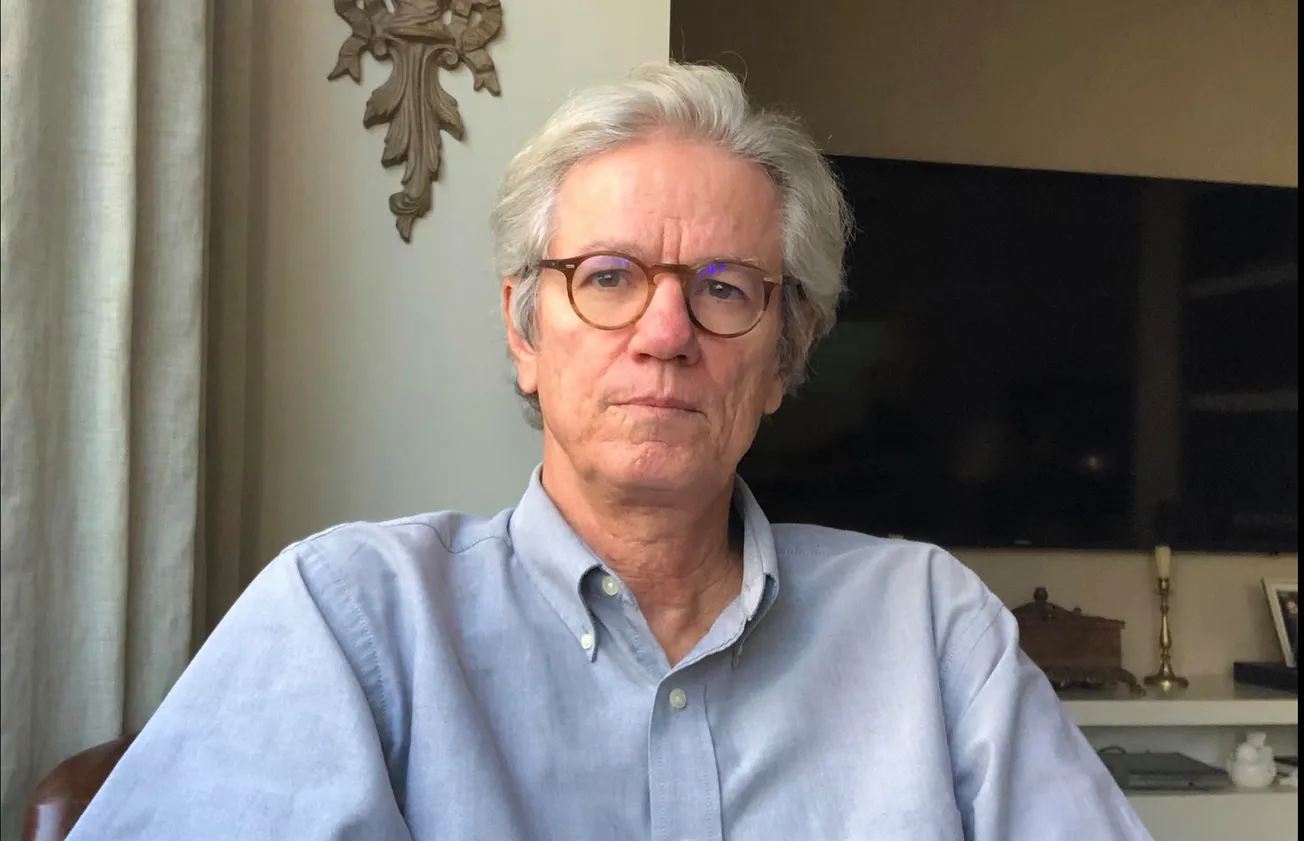March 23, 2024 (EIRNS)—"The increasing multi-polarization of the world in economic and political terms seems inconsistent with the indefinite continuation of a basically unipolar world monetary system.… Can the BRICS offer alternatives?”
That is the issue posed in an insightful contribution by the Brazilian economist Paulo Nogueira Batista to a March 18 meeting in Moscow of the Valdai Discussion Club, on the subject of “An Expert Discussion Dedicated to the Financial Settlements of the BRICS Countries.” Nogueira was a founding member of the BRICS New Development Bank and acted as its Vice President from 2015 to 2017, and he has been an active participant in the discussions about de-dollarization and a new BRICS currency, including at the August 2023 BRICS summit in Johannesburg, South Africa.
In his latest contribution, Nogueira states: “I turn to what we can do as BRICS. Make no mistake about this: the whole world is watching us and trying to gauge whether we, as a group, are really serious about de-dollarization.” There is a “tectonic geopolitical and geoeconomic shift taking place in the world. This is often referred to as multi-polarization.” But that is inconsistent, he argues, with “the indefinite continuation of a basically unipolar world monetary system,” that of the speculative dollar.
Is a new currency needed? Nogueira says it is. De-dollarization has made some progress, but “few people notice, however, that this progress has limitations that can only be overcome by creating a common reference currency. Why is this so? If there are bilateral surpluses and deficits, as is normal, the surplus countries will accumulate currency of the deficit countries. This accumulation may not be desirable if there are doubts about the stability of the currencies of deficit countries.”
Nogueira doesn’t touch on this, but a partial solution to this particular problem can be found by using the surplus funds coming from non-dollar trade, for long-term productive investment in the deficit country—much along the lines of what Russia and India are working on today. But such pair-wise arrangements do not constitute a new financial system to replace the current bankrupt order.




